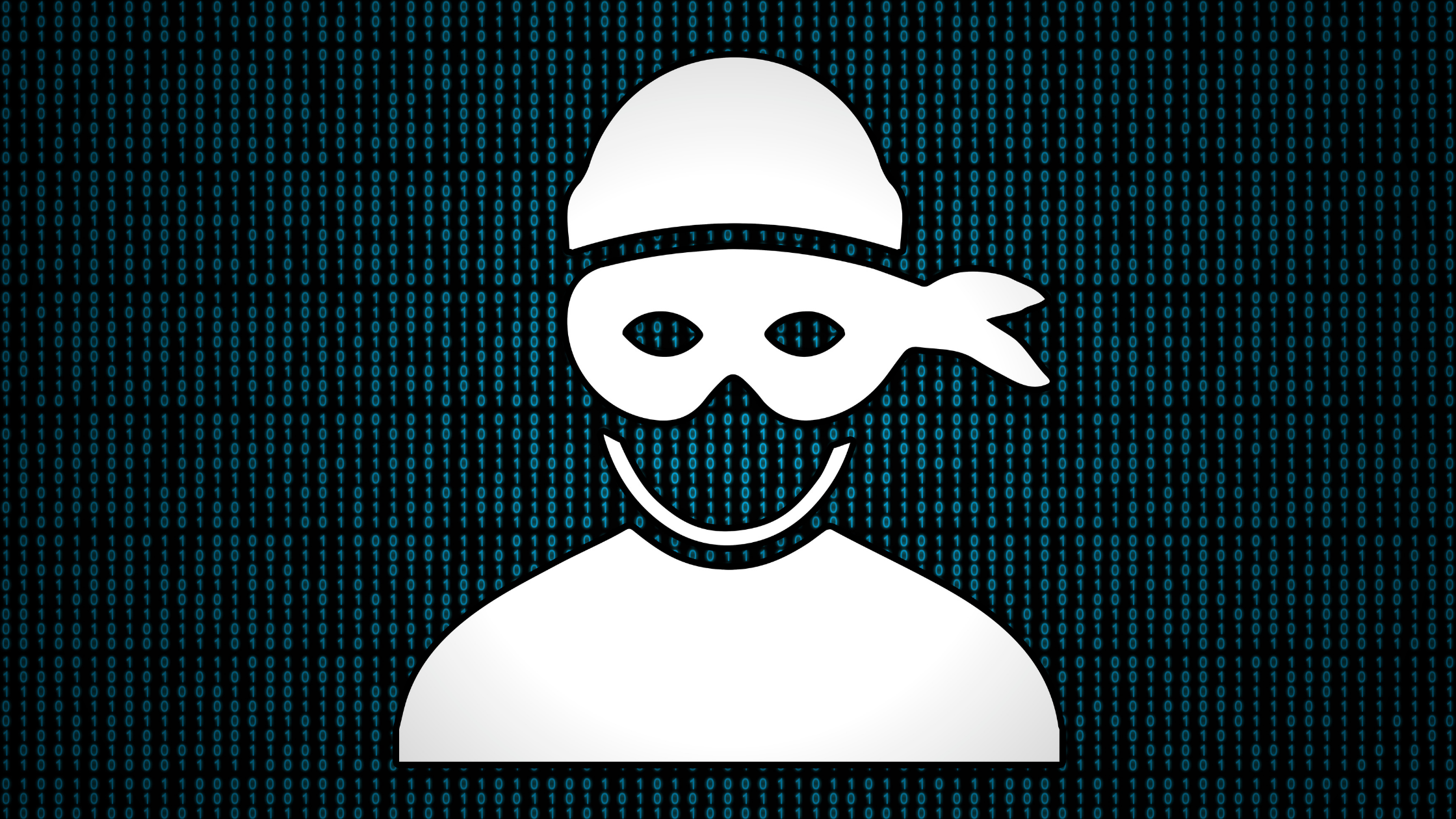5 Ways To Protect Your Small Business From Hackers
Small businesses are some of the most targeted victims of cybersecurity attacks. In fact, 43% of...
By: Chris Schalleur on Jul 12, 2021 11:52:36 AM

Ransomware attacks are constantly making news headlines. However, the stories you hear often focus on large enterprise organizations. Today, cybercriminals frequently target small to medium-sized organizations, which are often more vulnerable to these attacks. In fact, 43% of all cyber attacks target small businesses and 60% of affected small businesses shut down permanently after 6 months.
This is due to several reasons. Ransomware attacks can destroy a business as a result of the financial burden inflicted from direct and indirect damage. In addition to the ransom payout, there are other hidden costs that include downtime, reputational damage, data loss, and more.
In 2021, the average ransom demand for SMBs is $178,000. However, this does not factor in the downtime and damages that follow. The ransom demand has increased dramatically over the past 5 years. In 2018, the average ransomware was $6,000. It increased to $84,000 in 2019 and it’s $178,000 in 2021.
Ransomware hackers don’t attack random businesses, they love to exploit specific vulnerabilities that small businesses have. Some of the vulnerabilities you should be aware of include:
Reusing passwords: Reusing passwords is a simple, but dangerous habit that many businesses and employees have. When a hacker gets hold of a compromised device, they can see the username and password. If you use different passwords for different accounts, the potential damage is limited. Reusing the same password allows hackers to have much more powerful ransomware attacks due to their ability to infiltrate all systems with a similar password.
Email phishing: Email phishing is one of the most popular ways that businesses fall victim to ransomware attacks. Clicking malicious links or downloading malicious files can lead to malware infecting a business’ systems. If your employees have no cybersecurity training, your business is at a much more increased risk to download malware. Businesses can help combat this by using spam filters, antiviruses, and using firewalls.
Software vulnerabilities: Software vulnerabilities are another avenue that hackers utilize for ransomware. Many businesses with software vulnerabilities often use outdated and legacy systems for their operations. They tend to ignore system updates and this creates a large opportunity for ransomware hackers. Making sure your business routinely updates systems and has backups is a free and easy way to combat software vulnerabilities.
At Christo IT, we provide comprehensive protection from ransomware and other cyberattacks. Our managed IT services provide you with 24/7 protection and you’ll be provided disaster recovery services in the event of a successful ransomware attack on your business. To learn more on how to protect your business from ransomware attacks, get a free consultation here.
Small businesses are some of the most targeted victims of cybersecurity attacks. In fact, 43% of...
Recent phishing attacks have become even more intricate, with scammers using your email address or...
No matter the size of your business, it can be prone to attacks from malware like ransomware, and...